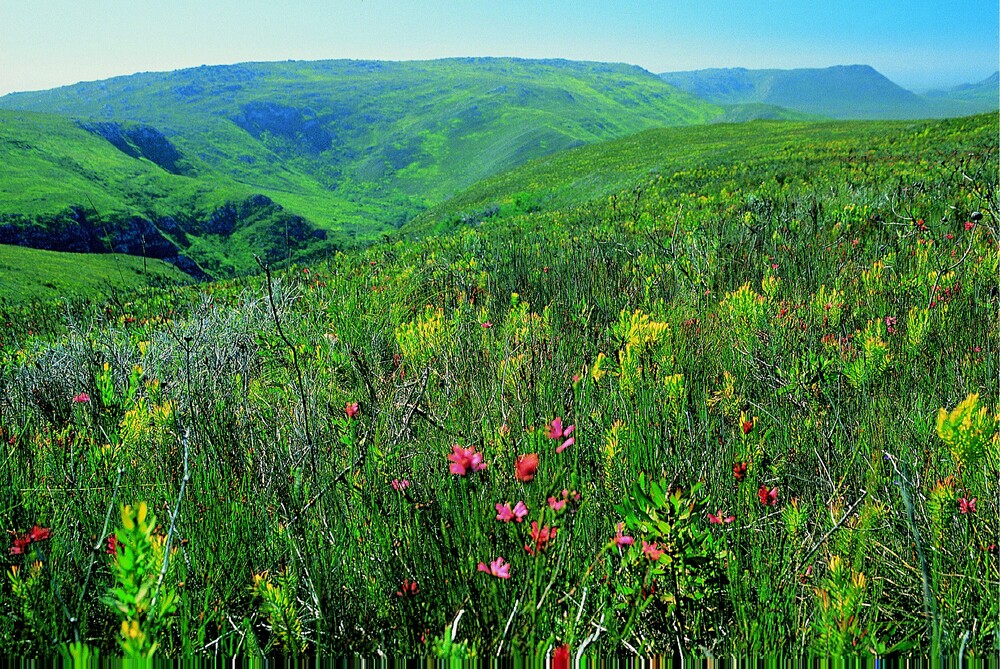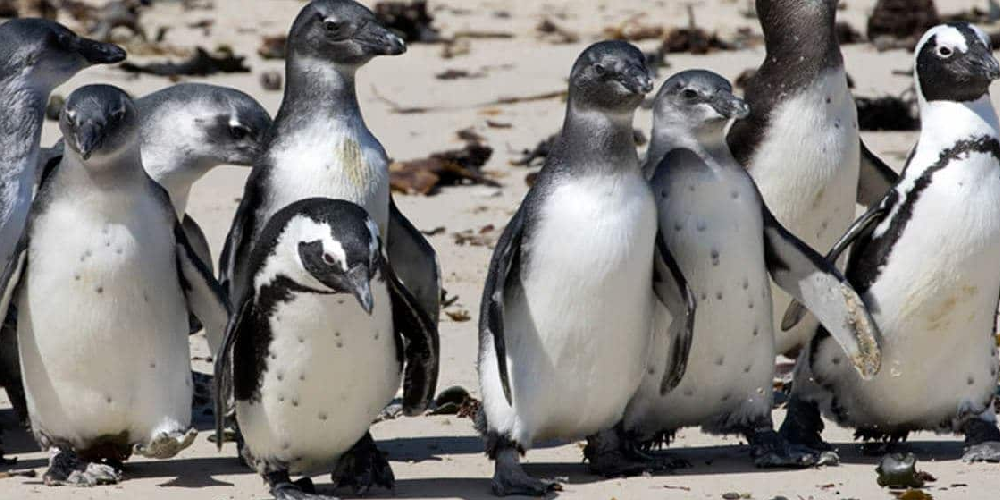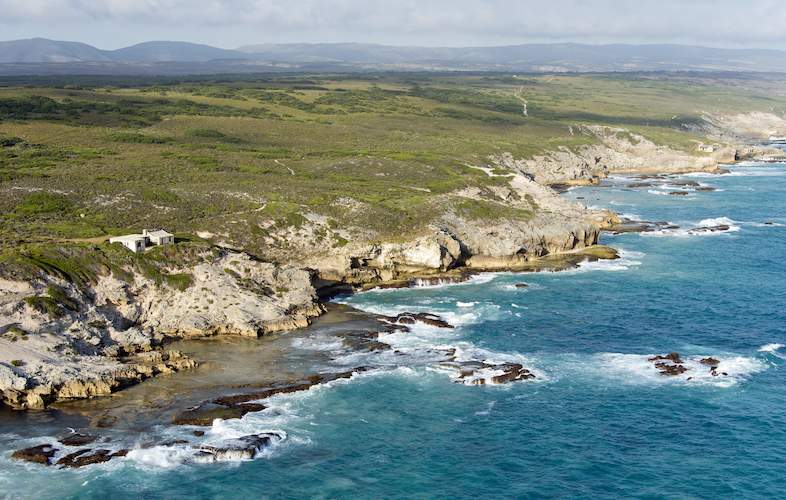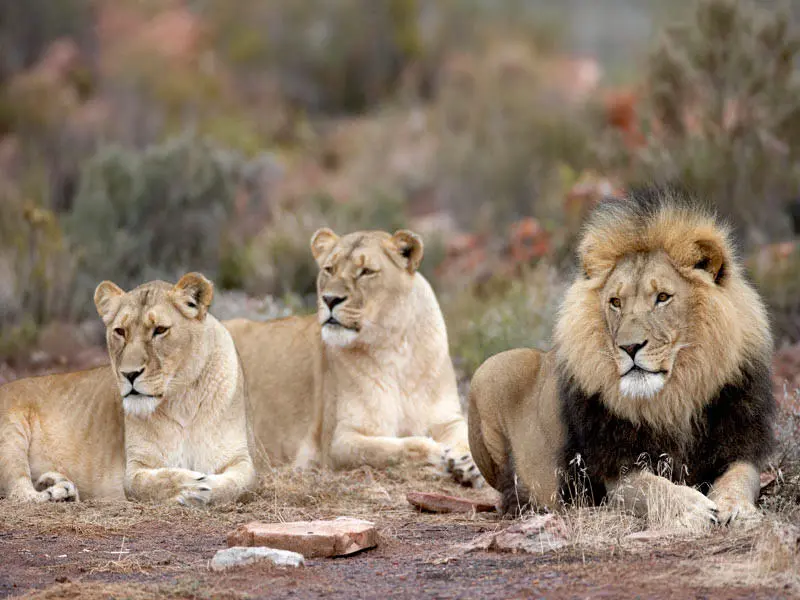Welcome to the enchanting world of Western Cape wildlife, where the rugged landscapes meet the rich biodiversity of South Africa. Nestled at the southern tip of the continent, the Western Cape is a region blessed with a remarkable array of flora and fauna, each species telling a unique story of adaptation and survival. In this blog, we embark on a journey through the untamed beauty of the Western Cape’s natural habitats, exploring the diverse ecosystems that make this corner of the world a haven for wildlife enthusiasts and nature lovers alike. From the iconic fynbos to the majestic marine life along the coastline, join us as we delve into the captivating tales of the Western Cape wildlife that unfold against the backdrop of this picturesque province. Whether you’re a seasoned wildlife enthusiast or a curious explorer, there’s something extraordinary waiting to be discovered in the heart of the Western Cape’s wilderness.
Fynbos Marvels

The Western Cape is globally renowned for its fynbos, a distinctive and diverse type of vegetation found nowhere else on Earth. Explore the Cape Floral Kingdom, a UNESCO World Heritage Site, and witness a breathtaking variety of plant species, including the iconic Proteas, Ericas, and Restios. Discover the hidden gems of Kirstenbosch National Botanical Garden, where fynbos takes centre stage, providing a colourful backdrop for a myriad of bird species.
African Penguins at Boulders Beach

Just a short drive from Cape Town lies Boulders Beach, home to one of the only mainland African Penguin colonies. Walk along the boardwalks and sandy shores to observe these charming birds in their natural habitat. The proximity to these delightful creatures is an experience that promises to leave you with lasting memories.
Whale Watching in Hermanus
The Western Cape’s coastline offers some of the best whale-watching opportunities in the world. Head to Hermanus, known as the whale-watching capital of South Africa, where you can witness the majestic Southern Right Whales as they migrate close to the shores. Boat tours and coastal walks provide unique vantage points for an unforgettable encounter with this Western Cape wildlife.
Aquatic Wonders in False Bay
Explore the marine biodiversity of False Bay, where a variety of marine life thrives. Seal Island is a hot spot for observing playful Cape Fur Seals, while the bay itself is frequented by dolphins, sharks, and a plethora of seabirds. For the more adventurous, cage diving with Great White Sharks is an option, offering a thrilling and educational experience.
De Hoop Nature Reserve

For a more secluded Western Cape wildlife experience, venture to De Hoop Nature Reserve. This pristine area is home to diverse antelope species, as well as an abundance of bird life. Explore the reserve’s trails and keep an eye out for bontebok, eland, and the elusive Cape mountain zebra.
Aquila Private Game Reserve

Aquila is renowned for its commitment to conservation and the preservation of indigenous flora and fauna. The reserve provides a sanctuary for the Big Five – lion, elephant, buffalo, leopard, and rhinoceros – allowing visitors the chance to embark on thrilling game drives in the company of experienced guides. The vast landscapes of Aquila showcase the beauty and diversity of the African wilderness, offering guests a front-row seat to the wonders of the animal kingdom.
Bontebok National Park
Nestled in the heart of the Western Cape, Bontebok National Park stands as a testament to conservation success and the preservation of unique biodiversity. This South African national park, situated near the historic town of Swellendam, is primarily known for its role in safeguarding the endangered bontebok antelope, after which the park is named.
Spread across the undulating landscapes of the Breede River, Bontebok National Park showcases the beauty of the Cape Floral Kingdom, offering a rich tapestry of fynbos vegetation. Visitors can explore the park’s network of trails, taking in the stunning scenery while encountering a variety of flora and fauna, including vibrant bird life and other antelope species such as grey rhebok.
The park’s commitment to conservation extends beyond the bontebok, contributing to the protection of the natural ecosystems and promoting the region’s unique biodiversity. Picnic spots and bird hides provide opportunities for peaceful contemplation, and the Breede River offers a tranquil setting for canoeing and fishing.
Bontebok National Park, with its serene ambience and dedication to preserving South Africa’s natural heritage, offers a delightful escape for nature enthusiasts, birdwatchers, and those seeking a peaceful retreat surrounded by the captivating beauty of Western Cape wildlife.
The Type Of Animals You Can Find On The Cape Peninsula
The Cape Peninsula, located in the Western Cape province of South Africa, is home to a diverse range of wildlife. Some notable animals found on the Cape Peninsula include:
- Chacma Baboons: The Cape Peninsula is known for its resident Chacma baboon population. These social primates are often seen in areas such as Cape Point and the Table Mountain National Park.
- Cape Mountain Zebra: Endemic to the Western Cape, the Cape Mountain zebra can be found in the Table Mountain National Park and surrounding areas. These zebras have distinctive striping patterns.
- Bontebok: While more commonly associated with Bontebok National Park, these medium-sized antelope species can sometimes be spotted in the natural areas around the Cape Peninsula.
- Caracal (Rooikat): The elusive caracal, also known as the African lynx, can be found in the more secluded and less urbanized parts of the Cape Peninsula.
- Cape Grysbok: A small antelope species, the Cape Grysbok is adapted to the fynbos vegetation and can be found in the Cape Point and Table Mountain areas.
- Birdlife: The Cape Peninsula is rich in bird diversity. Coastal areas attract seabirds, while the fynbos is home to various bird species, including the endangered African Penguin at Boulders Beach.
- Marine Life: Off the coast of the Cape Peninsula, you can find marine animals such as seals, dolphins, and during certain times of the year, whales. Hout Bay and the surrounding waters are known for seal colonies.
The Type Of Wildlife Found In Yzerfontein
Yzerfontein, located on the west coast of South Africa, is known for its picturesque coastal scenery and is home to various forms of Western Cape wildlife. While the area is more renowned for its marine life and bird species, there are also terrestrial animals that can be found in the surrounding natural landscapes. Here are some examples of wildlife you might encounter in and around Yzerfontein:
- Bird life: Yzerfontein is a haven for birdwatchers. The area attracts a variety of seabirds, shorebirds, and coastal species. Look out for cormorants, seagulls, terns, and possibly even flamingos in the wetland areas.
- Marine Life: The waters around Yzerfontein are rich in marine life. Cape fur seals are often spotted, and during certain times of the year, you might witness the annual migration of Southern Right Whales along the coast. Dolphins are also frequently seen playing in the waves.
- Bontebok: While more commonly associated with the fynbos habitats in other parts of the Western Cape, bontebok antelope may also be found in some natural areas near Yzerfontein.
- Small Mammals: Various small mammals such as mongoose, rodents, and Cape hares may inhabit the dunes and natural areas surrounding Yzerfontein.
- Reptiles: Coastal areas are often home to reptiles, and you might come across lizards, geckos, and possibly snakes. It’s advisable to exercise caution and keep a respectful distance from any wildlife.
- Flora and Marine Vegetation: The region is characterized by unique coastal fynbos vegetation, and you may encounter a variety of plant species adapted to the coastal conditions.
What animal is Cape Town known for?
Cape Town is often associated with the African Penguin. These charismatic birds have become a popular and iconic attraction in the area. Visitors can observe and interact with the penguins in a protected environment, making it a unique and memorable wildlife experience within the city limits.
Conclusion
Western Cape wildlife has something to offer for all wildlife enthusiasts, offering a rich tapestry of natural wonders waiting to be explored. From the rugged landscapes of the fynbos to the marine marvels along the coast, every corner of this region has a story to tell. So, grab your binoculars, lace up your hiking boots, and get ready to witness the splendours of the Western Cape’s wildlife in all its glory. Your adventure awaits!
